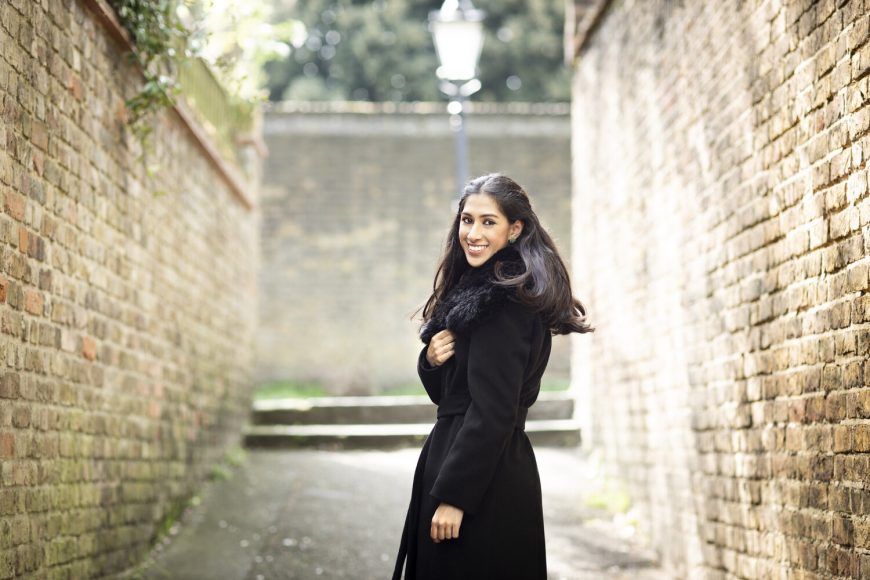
Ryedale Festival: Young Artist Day, Mishka Rushdie Momen, All Saints, Hovingham, July 30
SUPERLATIVES are always dangerous, but this morning event was one of the most satisfying piano recitals I have ever had the privilege of attending.
Partly it was the range of repertory covered in not much more than one hour: Bach, Mozart, Schumann, Ligeti and Schubert. But most of all it was the sheer brilliance of this young pianist, 30 years old next year, but showing the wisdom and musicality of one twice her age.
Mishka – she too, like others at this festival, will surely forever be recognisable by her first name alone – hinged her programme on fantasias by Mozart and Schubert, the one in C minor, the other in C major.
But she began with Bach’s C major Prelude and Fugue from Book I of The Well-tempered Clavier, a piece beloved of almost every would-be pianist. The prelude was impeccably smooth, whereas the fugue was notable for its unexpected drama.
In Mozart’s Fantasia, it was if there were an ogre prowling in the bass. Its first appearance was aggressive, but its anger gradually softened until it was tamed into a mere growl. Metaphors aside, Mishka drew marked but subtle contrasts between the work’s intense and melodic poles.
Schumann’s Impromptus On A Romance Of Clara Wieck takes a theme she had sent him and develops it into nine variations (in the revised version of 1850, ten years after they were married). Mishka did much more than merely highlight the two facets of Schumann’s character, poetic and impulsive, and she delivered an exceptionally tender postlude. It all made a pleasing interlude.
The fleeting magic of Ligeti’s Tenth Étude, The Sorcerer’s Apprentice, was used as introduction to an unforgettable account of Schubert’s Wanderer Fantasy. John Warrack’s typically urbane programme-note referred to this as “a seminal masterpiece”. It is indeed an Everest of the repertoire, not lightly undertaken. That the whole piece, over an unbroken 20 minutes, is built around a dactylic rhythm makes it all the more remarkable, on a par with Beethoven’s Fifth Symphony and equally symphonic.
Mishka’s vision encompassed the whole work. She opened boldly, holding nothing back. So the second theme sounded all the more tender by contrast, a haven of peace before it was interrupted. She even made something of Schubert’s bridge – little more than a doodle, in truth – leading into the Adagio, which at first had the solemnity of a funeral march. As the bass became much more active, she still sustained a beautifully controlled line in the right hand.
The sheer theatre of the Scherzo was enhanced by the rapid downward ripples of her left hand, which were frankly breath-taking. The final fugue was sternly enunciated but still unfolded with incredible clarity.
By now hearts were in mouths at her Olympian virtuosity. With eyes closed, I would have sworn I was listening to Alfred Brendel with a feminine touch. And she still had enough left in the tank for an eloquent encore, which I took to be Schubert’s Hungarian melody in B minor. This young lady is thrillingly talented. Ryedale must have her back – soon.
Review by Martin Dreyer
